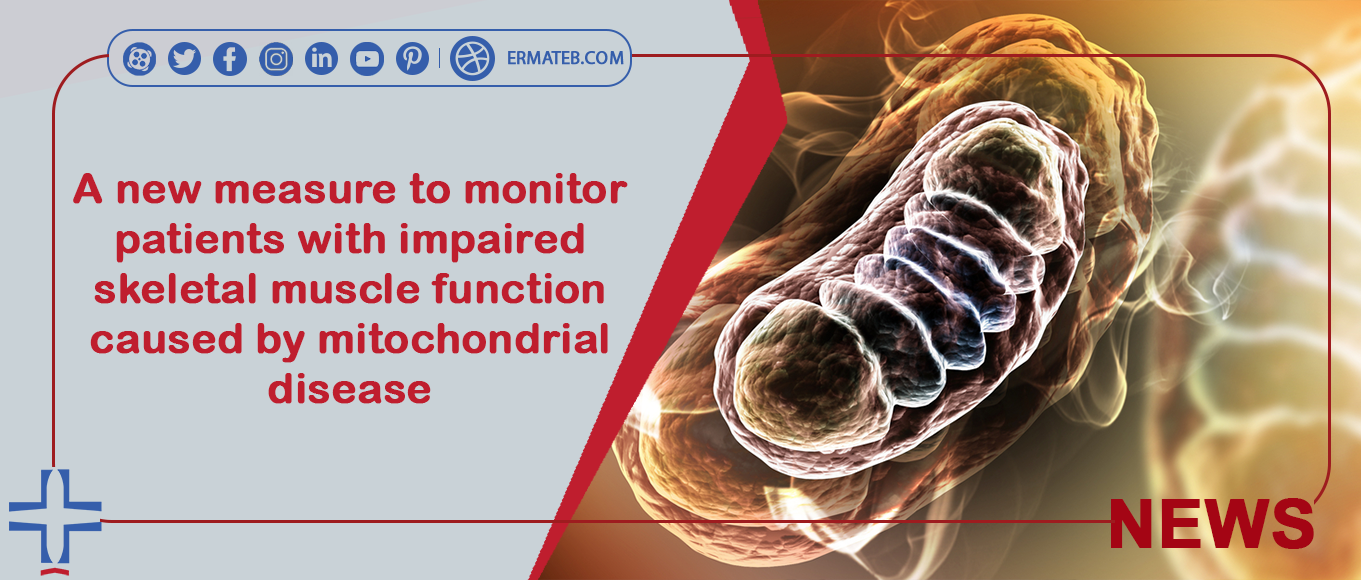
Mitochondrial diseases are long-term, genetic, often inherited disorders that occur when mitochondria fail to produce enough energy for the body to function properly. One in 5,000 individuals has a genetic mitochondrial disease. Symptoms, diagnosis, and treatment are discussed.
Researchers at Children's Hospital of Philadelphia successfully produced and certified a new outcome measure to monitor the progression of muscle function. This tool, named 'Mitochondrial Myopathy-Composite Assessment ' ('MM-COAST'), is important to identify specific skeletal muscle and neurological problems in every person with mitochondrial disease and may be used to find treatment interventions in future clinical trials.
Currently, no therapies were approved for mitochondrial myopathy. One major obstacle to developing effective therapies is the lack of specific outcome measures for mitochondrial disease. This tool focuses mainly on muscle strength without capturing other factors and symptoms of mitochondrial myopathy such as exercise intolerance and muscle fatigue.
"Our findings demonstrate that identifying clinically meaningful, and quantifiable outcome measures for mitochondrial myopathy in pediatric and adult patients is feasible," said senior study author Zarzuela Cunningham, an attending physician in the Mitochondrial Medicine Program. "We identified specific clinical deficits in our patients that we would have otherwise not known about, as well as key differences in how myopathy symptoms manifest in pediatric and adult patients. The MM-COAST will enable us to accurately follow their symptoms over time in longitudinal studies and in future intervention trials."

